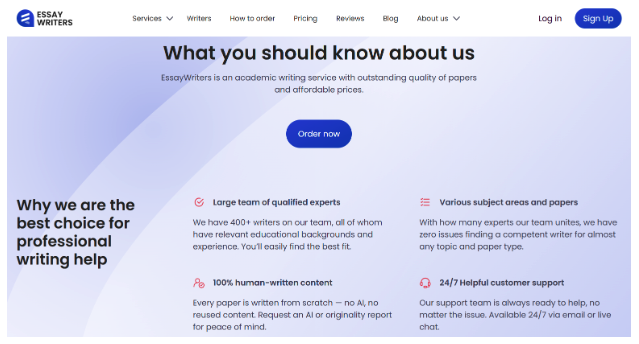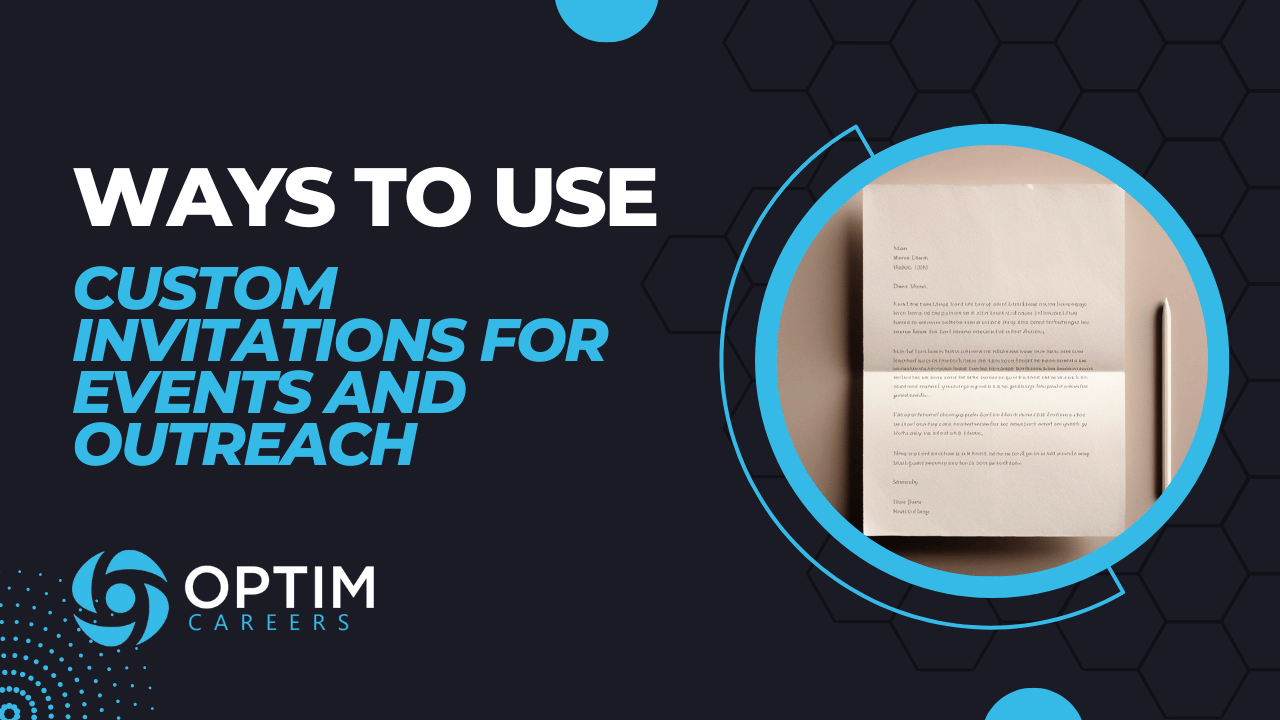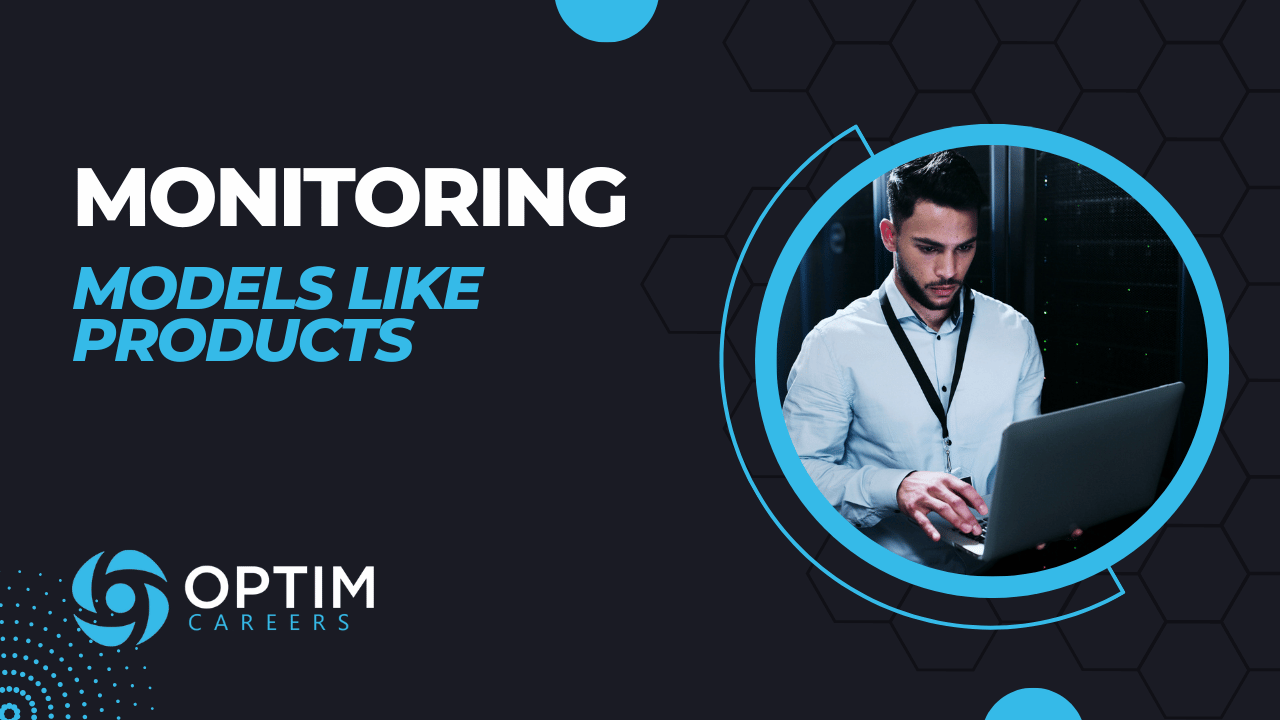Smart Goals For Job Search [Start Your Search Right]
Launching a job search campaign can be overwhelming. There are so many ideas about what you could do, how you should do it, and how you should manage it all. When I talk to job seekers, the majority of them feel frustrated because they don’t have an organized plan for their job search.
At work they are meticulous planners and project managers, but all of that vanishes when they begin a job search for some reason. Hopefully, you’re reading this right at the start of embarking on your job search. What I want to accomplish today is to share some smart goals and methodologies that could work for your job search and I think you should consider.
Why Smart Goals Matter When Job Searching
Can we be real with one another for a minute? What did you do the last time you had to (or wanted to) find a new job? My guess is you jumped straight into one of two things: updating your resume or sending some messages to people you know.
I’ve been at this job search, coaching, recruiting thing for a long time now and those are some of the worst things you can do when starting a new job search.
It’s important to take a beat and figure out what exactly needs to be done in order to make this transition. Give yourself some time to create a system that will help you identify bottlenecks, what you can do better or differently, and also to identify what is out of your control. This will lead to less stress and better management of your job search, hopefully reducing the amount of time you spend looking for your next job.
You’re also going to want some structure to keep you sane and hold you accountable. Anyone who has searched for a job recently knows exactly what I mean. You need to know where your gaps are and have a plan to fill in those gaps (unless you like sending hundreds of resumes into an abyss).
Planning first will make this less painful, less stressful, and more manageable.
Breaking Down SMART Goals
If this is the first time you’ve heard the term SMART goals, let’s break down exactly what they are. I’ll also break them down as they relate to a job search. Because let’s admit it, a goal of landing a new job or making more money isn’t that smart.
Smart goals have five characteristics. They are: specific, measurable, achievable, relevant, and time-bound.
Specific: Define Precise Career Objective
If you looked for a job 5 years ago, this was less important. You could apply to multiple categories of jobs and fare well. Those days are gone. Without a targeted objective, I can almost guarantee your job search will take longer than it should.
What type of jobs are you going to try to obtain? In what industry? Serving what customers? What size of companies? All of these things should be considered.
Once you know your overall career objective, then you can start to break that down into smaller pieces that include mapping out:
How you will achieve it?
Who else will you need to help you achieve it?
What resources you’ll need?
The requirements and restraints that may be placed on you with this objective.
Measurable: Track Job Search Progress
I see many more people tracking their job search progress these days. The problem is, I don’t know if they are tracking the right lead and lag indicators for success. While I (as a writer) may love the data people share about how many companies they apply to and how many rejections they get at each stage, I’m not sure how much that helps a job seeker plan and refine their activities.
I’ll talk about what I would track in a later section, but for now, consider the following:
How will you measure success and your progress?
How will you quantify your results in a meaningful way?
How will you know when you’ve accomplished the goal?
Achievable: Realistic Career Targets For Your Industry and Current Job Market
I can’t tell you how many conversations I have with people who have been job searching for over 6 months and they tell me, “If you would have asked me if I thought I’d be searching for work for 6 months, 6 months ago, I would have said no.” Many people underestimate the pressures facing their industry, their competition level, and the state of the sub-job market they find themselves in.
Knowing these things can make a huge difference in what you decide to do. It can help you make decisions about where and when to pivot, when to upskill and when not to, and many other questions.
Your success is dependent upon:
having a realistic goal;
knowing whether the current sub-market supports your goal right now;
knowing that you have the right skills, knowledge, and resources to be competitive in targeting the job you want;
and making a plan to fill in gaps with projects, freelance work, education, or volunteer experiences.
I also find that a careful analysis will ensure you don’t run out of runway before you land. If you’re not working, it’s important you plan well so you don’t spend your entire life savings before you complete your job search goal.
Relevant: Align Goals With Industry Trends
Relevancy does a couple of things when it comes to job search goals.
It makes sure you end up accepting a job that fits into your overall career path and vision. But it can also help you determine when it’s time for a bridge job too. A bridge job is a job you might do in between what you’re doing now and what you’d like to do next.
Consider:
How your goal is relevant to your overall career path.
How much it makes sense for your stage of life (does it fit with having kids, or wanting to travel, etc).
How your goal will advance your professional and personal goals and who you want to become.
Time-Bound: Effective Deadlines
You can’t control when someone will hire you, although wouldn’t that be nice if you could? So setting a deadline to find a new job I think is fatuous. Instead, I would view the deadline for finding a new job as a reference point in planning. Here’s what I mean.
When do you need to find a new job? How long can you afford to go without a new one if you are unemployed? How long can you stay in your current role and stay mentally sane?
Knowing the timeframe for these will help you plan the right job search. If you only have enough money to last 2 months, targeting a super-competitive job where you have minimal experience may not be a wise decision. You may also need to consider supplementing with part-time work to extend that timeline.
Knowing these timelines can also help you plan when to make pivots. If I have 6 months to find work, then at what point do I seriously consider career changes if I don’t make progress?
If you suspect your company is going to do a round of layoffs, that may impact your timeline or if the company is going to be sold, that may too affect your timelines.
Focusing on our deadline for finding a job can help with planning, but the other thing I found important was to identify deadlines for various milestones.
When do I need to have a completed resume that is generating me at least 1 interview per week? Knowing this may help me decide whether I should employ a resume writer, join a community, or try it on my own.
Practical SMART Goal Examples for 2025
Here are some sample SMART goals by potential topics that you could employ this year. They include examples of specific actions, time-bound deadlines, resources needed, and ways to measure them.
Informational Interviews
I will find 10 people in these job titles who work in these industries each week and reach out to them to schedule an informational interview with the ultimate goal of scheduling at least one per week.
At the end of each informational interview, I will ask for referrals by asking “Based on what I shared today, who else do you know that would be beneficial for me to speak with?”.
I will track all of my informational interviews and networking activities in my Teal networking tracker to stay in touch with key contacts and update them on my job search appropriately.
Already a Member? Click Here to Login and Read the Article.
Smart Goals For Job Search Recommended Reading
Cole Sperry has been a recruiter and resume writer since 2015, working with tens of thousands of job seekers, and hundreds of employers. Today Cole runs a boutique advisory firm consulting with dozens of recruiting firms and is the Managing Editor at OptimCareers.com.
Get Smarter About Job Search
Members get exclusive job search analysis, a curated coaching feed, and on-demand coaching.












